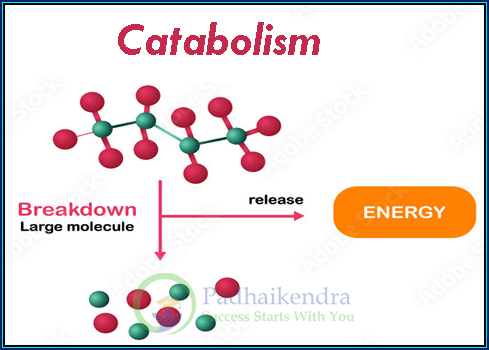Tonicity refers to the ability of a solution to cause water movement across a cell membrane due to osmosis. It depends on the concentration of solutes inside and outside the cell. There are three types of tonicity:
- Hypotonic solution: In a hypotonic solution, the concentration of solutes is lower outside the cell than inside the cell. As a result, water moves from the solution into the cell, causing it to swell and potentially burst.
- Hypertonic solution: In a hypertonic solution, the concentration of solutes is higher outside the cell than inside the cell. As a result, water moves from the cell into the solution, causing it to shrink and potentially become dehydrated.
- Isotonic solution: In an isotonic solution, the concentration of solutes is the same inside and outside the cell. There is no net movement of water across the cell membrane, and the cell remains in a state of equilibrium.





